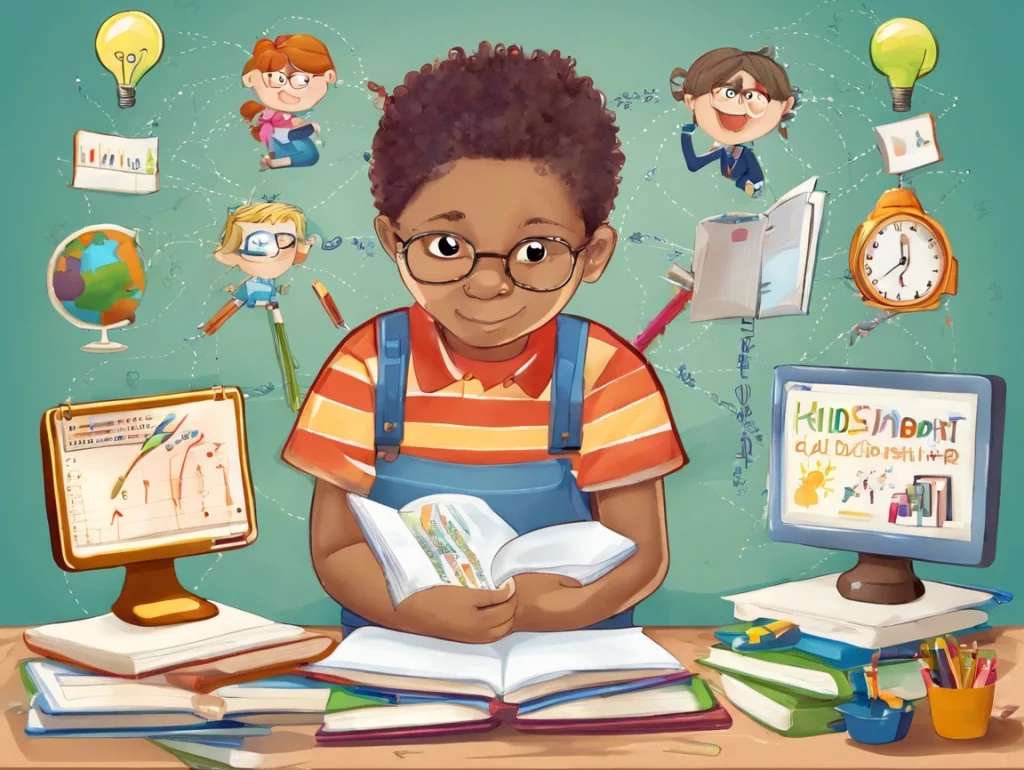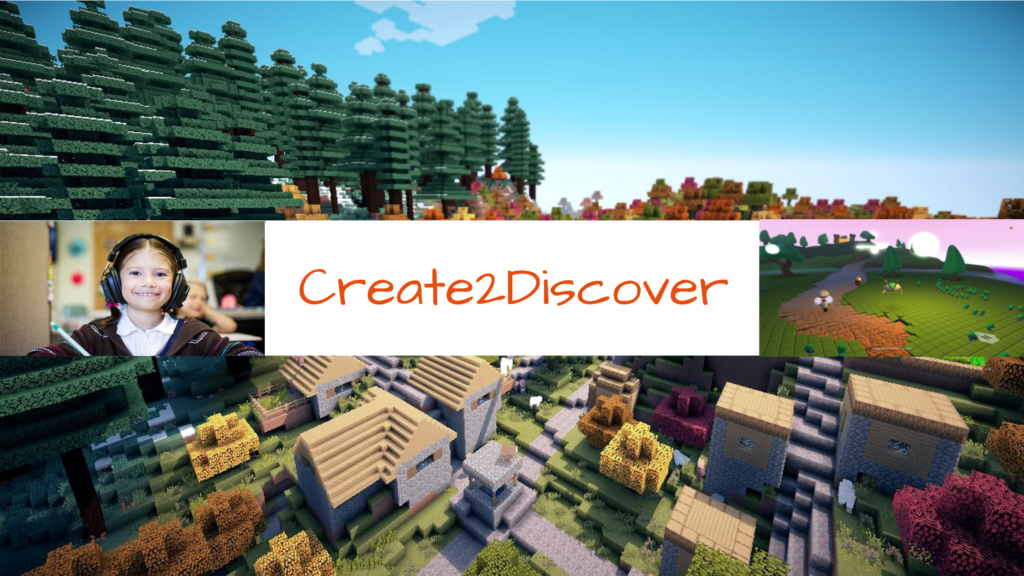
In today’s fast-paced and ever-changing world, the ability to learn independently and adapt to new challenges is more important than ever. As parents, we play a crucial role in nurturing our children’s self-directed learning skills, equipping them with the tools they need to thrive in an era of lifelong learning and constant change. In this article, we’ll explore the importance of self-directed learning and provide practical strategies for parents to support their children in developing the necessary skills for success.
Why Self-Directed Learning Matters:
Self-directed learning is not just about acquiring knowledge; it’s about fostering a mindset of curiosity, resilience, and autonomy that empowers individuals to take control of their own learning journey. In today’s knowledge-based economy, where industries evolve rapidly and new technologies emerge constantly, the ability to adapt and learn independently is essential for staying relevant and competitive in the workforce.
Key Skills for Self-Directed Learning:
To excel at self-directed learning, children need to develop a range of key skills that enable them to navigate the learning process effectively. These skills include goal setting, time management, self-motivation, critical thinking, problem-solving, information literacy, self-reflection, adaptability, communication, and resilience. By cultivating these skills from a young age, parents can lay a solid foundation for their children’s future success in education, career, and life.
Practical Strategies for Parents:
Foster Curiosity: Encourage your child’s natural curiosity by exposing them to a wide range of experiences, interests, and opportunities for exploration. Provide access to books, educational resources, and hands-on activities that stimulate their curiosity and spark their interest in learning.
Set Clear Goals: Help your child set clear, achievable learning goals that align with their interests and aspirations. Break larger goals into smaller, manageable tasks, and celebrate their progress along the way to keep them motivated and focused.
Promote Independence: Encourage your child to take ownership of their learning journey by allowing them to make choices and decisions about what, when, and how they learn. Provide opportunities for them to pursue their interests independently and take on new challenges with confidence.
Teach Time Management: Teach your child effective time management skills to help them prioritize tasks, set realistic deadlines, and allocate time efficiently to various learning activities. Encourage them to create a study schedule or use tools like planners and calendars to stay organized.
Encourage Problem-Solving: Foster your child’s problem-solving skills by presenting them with challenges and puzzles that require critical thinking and creativity to solve. Encourage them to explore different approaches, experiment with new ideas, and learn from both successes and failures.
Provide Support and Guidance: Offer your child support and guidance as they navigate the learning process, but resist the urge to provide immediate solutions or answers. Instead, ask questions that prompt them to think critically, explore different perspectives, and find solutions on their own.
Celebrate Effort and Progress: Celebrate your child’s effort and progress in their learning journey, regardless of the outcomes. Emphasize the importance of perseverance, resilience, and continuous improvement, and praise their willingness to take on new challenges and overcome obstacles.
By nurturing self-directed learning skills in their children, parents can empower them to thrive in an era of constant change and uncertainty. By fostering curiosity, independence, problem-solving, and resilience, parents can prepare their children to adapt to new challenges, pursue their passions, and achieve their full potential in education, career, and life. Together, let’s empower the next generation to become lifelong learners who embrace the opportunities and challenges of the future with confidence and enthusiasm.
Looking for More Ways to Help Your Child Prepare For The Future?
Creative Problem Solving For Kids: SCAMPER
5 Ways to Improve Your Child’s Communication Skills
Teaching Kids The Value of Mistakes
Fostering Psychological Safety in Your Child to Improve Creativity

Comments on this entry are closed.